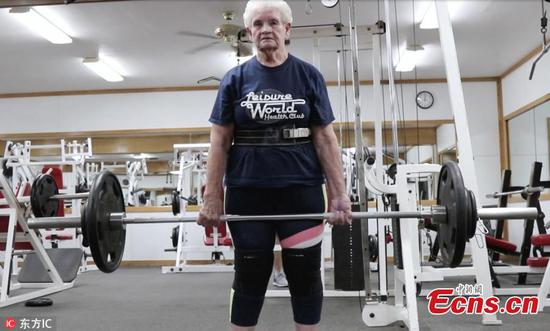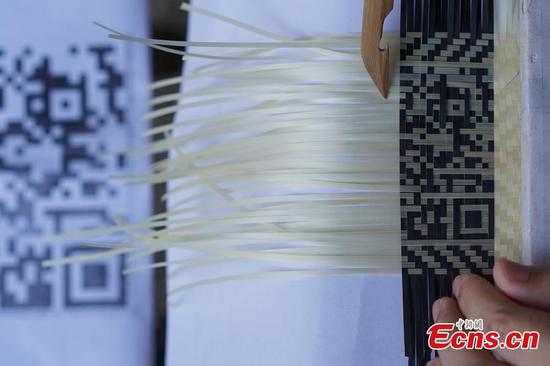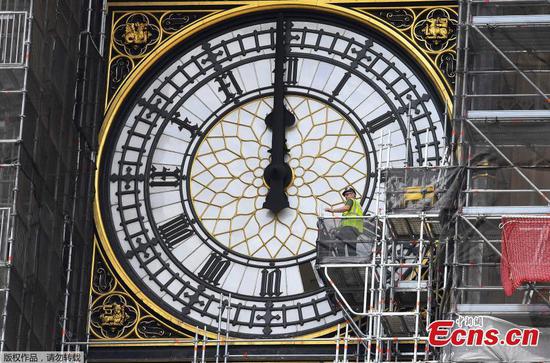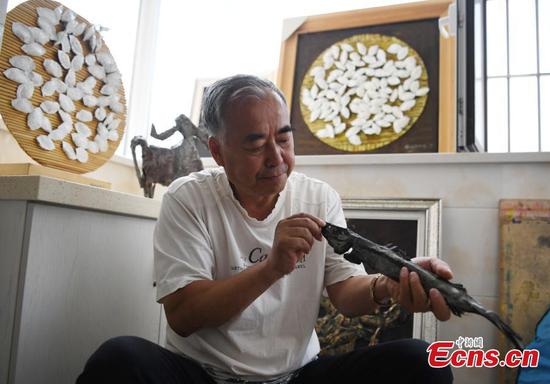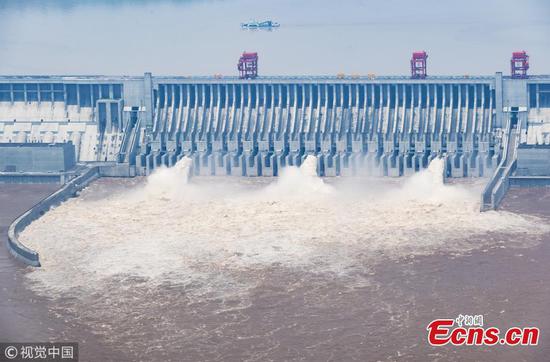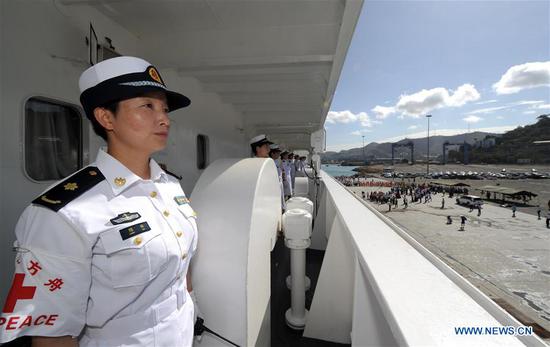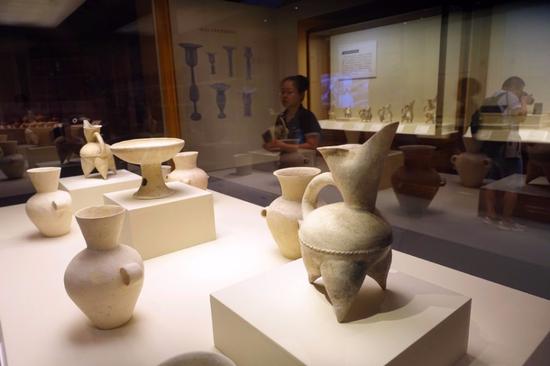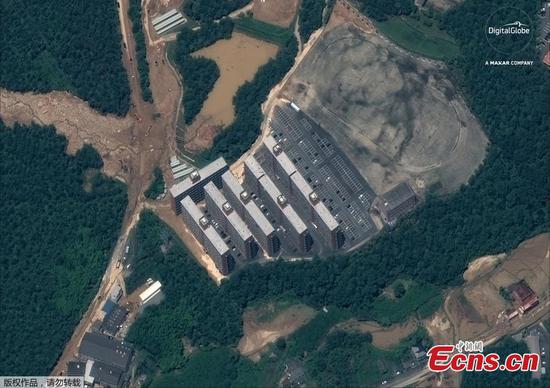The U.S. Senate on Wednesday overwhelmingly approved a non-binding motion to give Congress a role in deciding whether tariffs should be imposed on the ground of national security under Section 232 of the Trade Expansion Act.
The Senate adopted the motion by a vote of 88 to 11 to direct the Senate and House conference committee to include language "providing a role for Congress in making a determination under Section 232 of the Trade Expansion Act of 1962" in the final Energy and Water Appropriations Bill.
"The Senate spoke loud and clear by overwhelmingly expressing support for our efforts to ensure Congress plays its appropriate role in the implementation of national security-designated tariffs," Senate Foreign Relations Committee Chairman Bob Corker said Wednesday in a statement.
"Tariffs are a tax on the American people, and as the U.S. economy and American businesses and consumers begin to feel the damaging effects of incoherent trade policy, I believe support for our legislation will only grow," he said.
Corker and several other senators last month introduced legislation that would compel President Donald Trump to get congressional approval before imposing Section 232 tariffs on the ground of national security.
"We will continue to push for a binding vote and are hopeful one will be scheduled in the near future," Corker said.
The Trump administration has used Section 232 to unilaterally impose additional tariffs on steel and aluminum imports, drawing strong opposition from the domestic business community and U.S. trading partners.
"The administration is wrong to use 'national security' as a pretext to impose taxes on steel and aluminum from our closest allies," Senator Pat Toomey from the state of Pennsylvania said in a statement.
"It's time for Congress to reassert its constitutional responsibility on trade and today's bipartisan vote shows that there is a way forward to accomplish this," he said.
On March 8, Trump officially signed proclamations imposing a 25-percent tariff on imported steel and a 10-percent tariff on imported aluminum pursuant to Section 232.
On May 23, he instructed the Commerce Department to launch an investigation into automobile imports under Section 232, which would allow Washington to introduce tariffs on national security grounds. The investigation may lead to an increase in tariffs up to 25 percent.
These measures have provoked widespread opposition from U.S. lawmakers, business groups and major trading partners.









